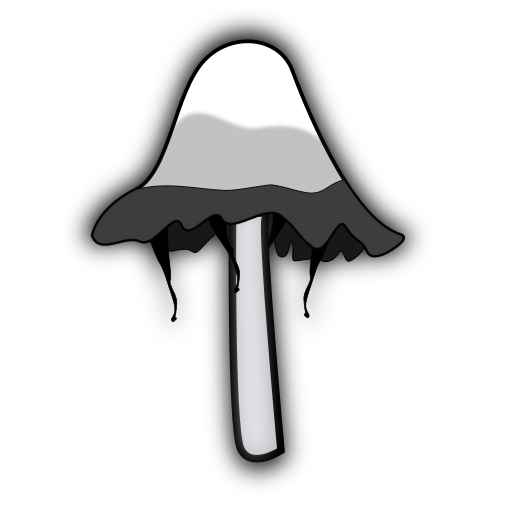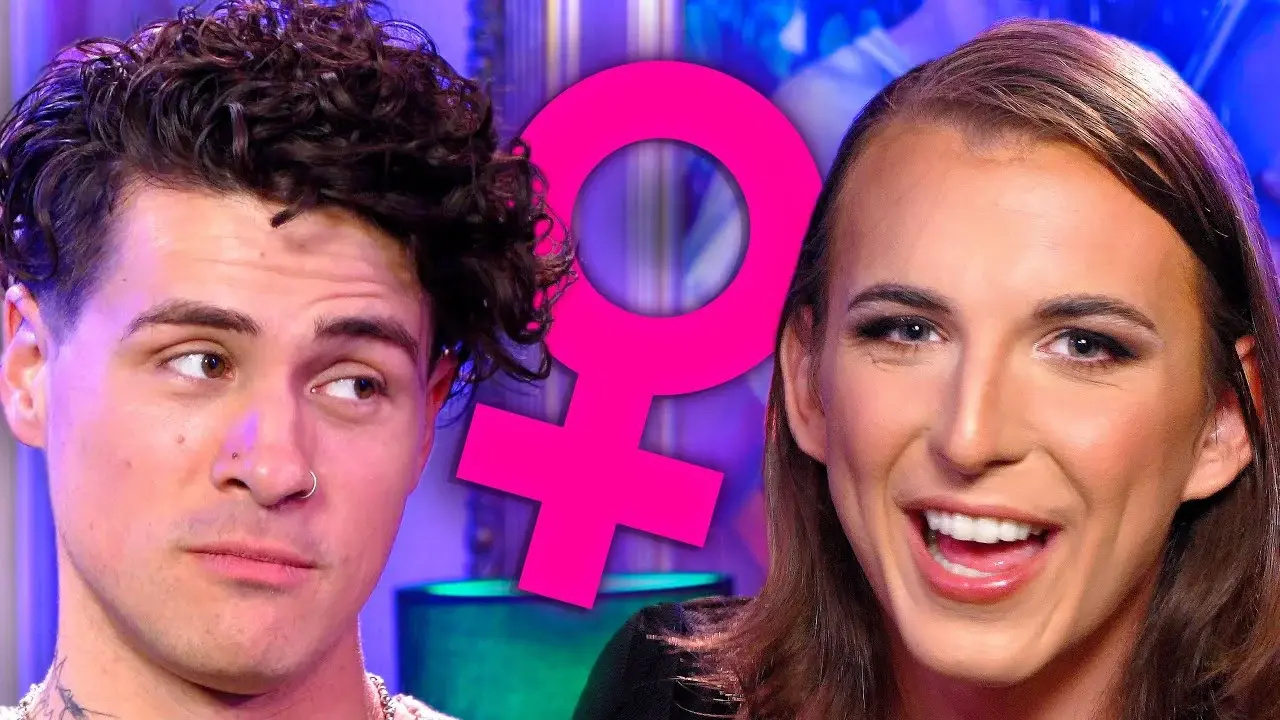I agree. Especially because Ornithogalum is definitely not an Asparagus kind of plant. If maybe Ornithogalum had been in the Asparagus genus before but got split, well OK. But calling any plant in this pretty diverse family “asparagus”, is wild.
The APG II system of 2003 allowed two options as to the circumscription of the family: either Asparagaceae sensu lato (“in the wider sense”) combining seven previously recognized families, or Asparagaceae sensu stricto (“in the strict sense”) consisting of very few genera (notably Asparagus, also Hemiphylacus), but nevertheless totalling a few hundred species. The revised APG III system of 2009 allows only the broader sense.
Asparagaceae includes 114 genera with a total of approximately 2,900 known species.







Ah thanks!! :)